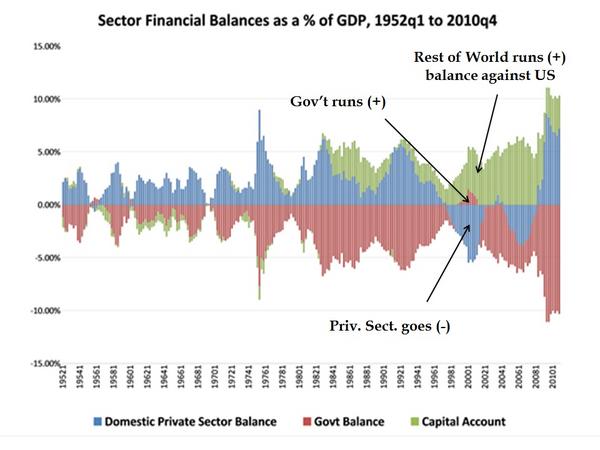oldfart
Older than dirt
The only thing I would suggest is that you may want to say marginal propensity to consume instead of MPC. The majority of those out there have no idea, nor do they care, what MPC is or why it is important.
Thanks for the catch!
The whole issue of MPC as related to taxes is really important. The republican economic policy is basically: REDUCE TAXES. With absolutely NO consideration of mpc implications. Which is why, as a general statement, tax decreases on the wealthy, or across the board, have never had a beneficial impact on high unemployment. And a major determinant on why AUSTERITY had no chance of working in Europe. IMO.
I agree. My criticism of Helicopter Ben is that he did not specify that the helicopters drop money only in poor neighborhoods. Dropping it on Lake Shore Drive in Chicago would only increase cash hoards!
Seriously, there is a major la-la factor in discussions of what rich people actually do with money. To call them "job-creators" that would respond by adding employees when they already have excess capacity and high inventories is obvious nonsense (where is the fiduciary duty to shareholders?). The same for investment in plant and equipment. Since they are not income-constrained, they are unlikely increase that spending. Which leaves only one thing that makes sense: financial investment that is independent of economic investment. Anyone smell a bubble here?
It's a portfolio issue. With interest rates until very recently at the lower zero bound, the volume of cash held by the public to GDP has risen. With returns so low, why not hold cash? Or invest it in exotic forms of investment like gold (which has a long history of moving in opposition to real interest rates), artwork, and so forth. A lot of what's happening in markets today is influenced by this basic insight and yet it gets fairly little attention. There is nothing capricious or irrational about this behavior.
Last edited:




